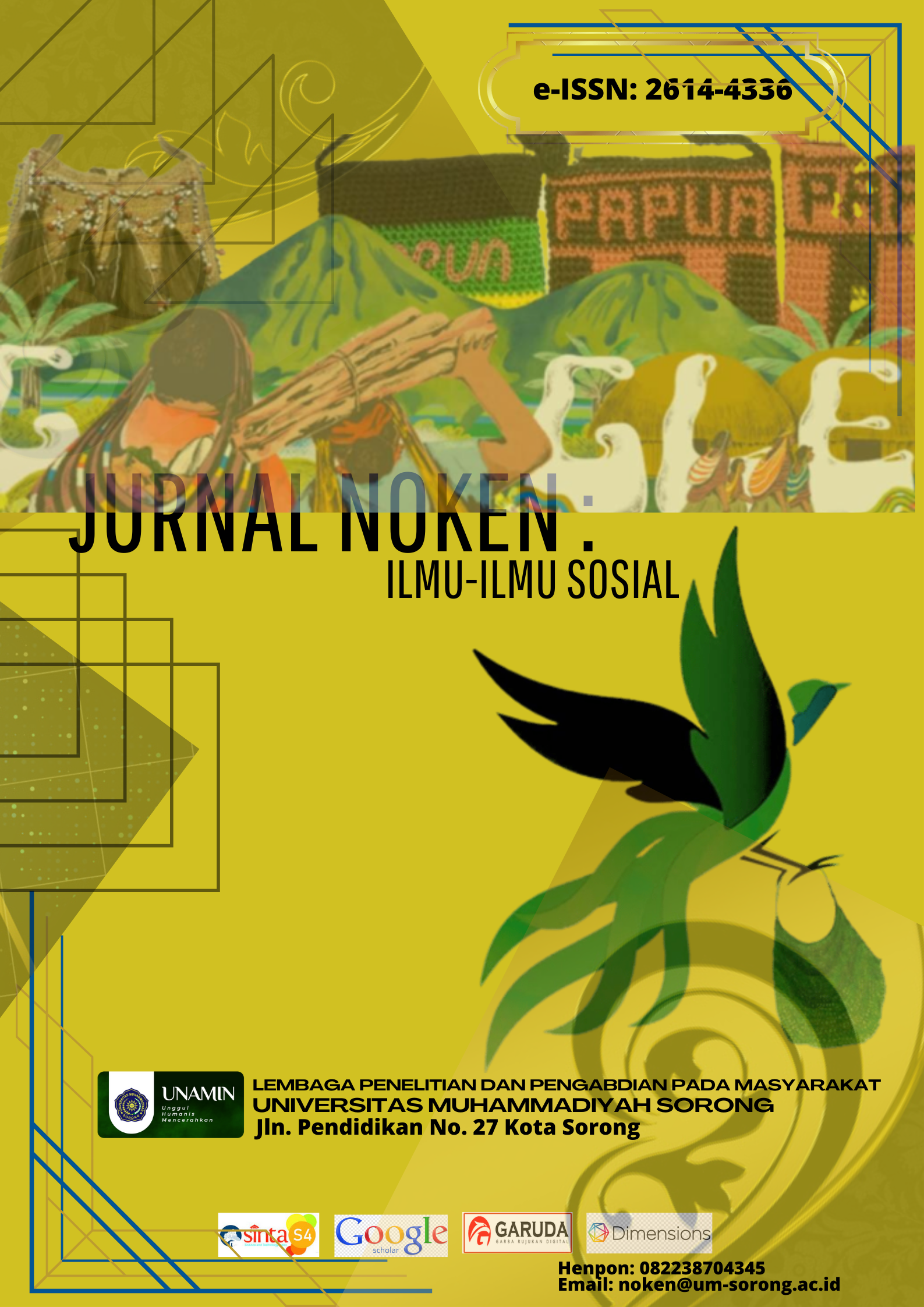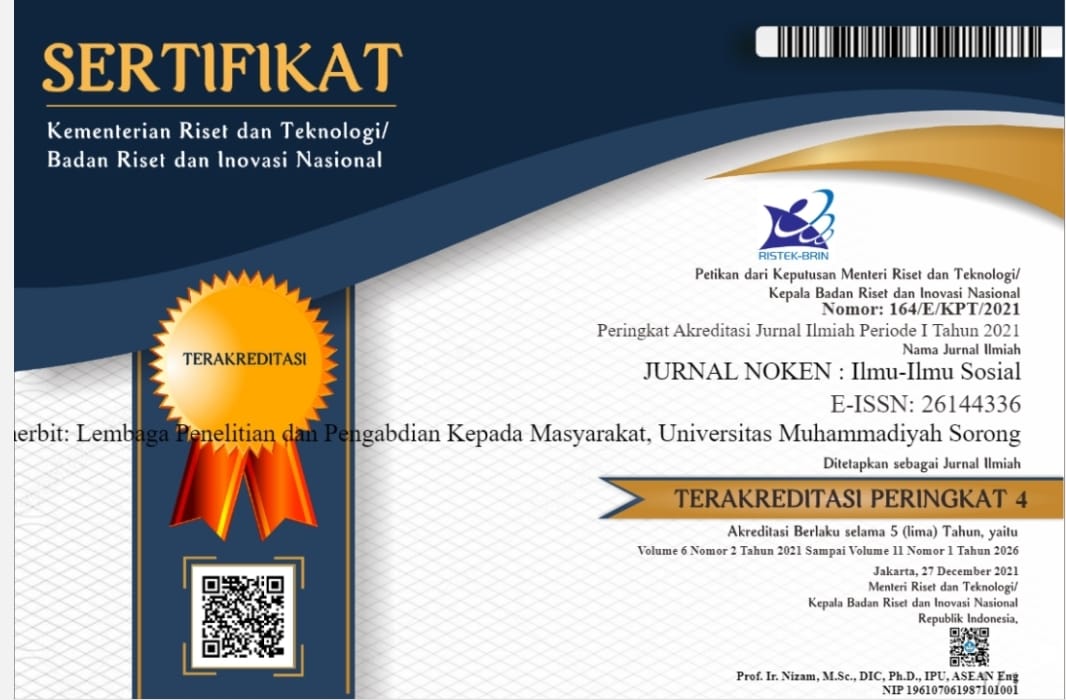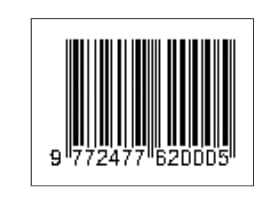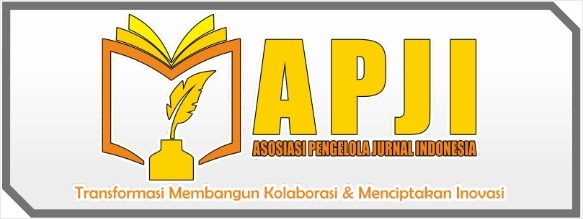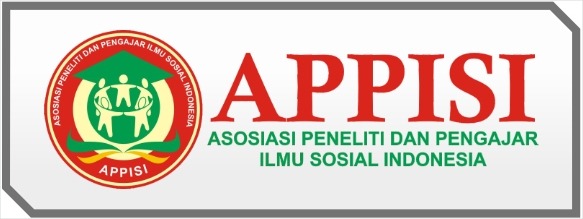Ritme Skank di Pulau Pesta: Keterlibatan Komunitas Reggae dalam Pengembangan Wisata Gili Trawangan
DOI:
https://doi.org/10.33506/jn.v10i1.3457Keywords:
Reggae, Music Tourism, Sociology, Gili TrawanganAbstract
The Gili Trawangan in West Nusa Tenggara is now also known as Party Island because there is a variety of nightlife that tourists can enjoy. Reggae is a popular music and is often played amidst the hustle and bustle of tourists. This research seeks to understand how reggae music, which is synonymous with culture, religious movements, social activism and resistance, is mobilized to become a resource for producing musical scenes and performances as a form of participation in tourism development. The research method used is a qualitative research method with a phenomenological approach. The main data was obtained through in-depth interviews with 3 reggae musicians, bar managers and tourists. The results of this research found that the beginnings of reggae music on Gili Trawangan were influenced by the figure of Bob Marley, the popularity of the song Welcome to My Paradise and the typical small island atmosphere that supported reggae's connection with its birthplace in the Caribbean islands, Jamaica. Apart from that, this research found that the growth of reggae music is very dependent on the meaning of the music, the creation of space for expression, the characteristics of tourists and adaptive strategies.
References
Becker, H. S. (Howard S. (2008). Art worlds. University of California Press.
Creswell, J. W. (2017). Research Design: Qualitative, Quantitative, and Mixed Methods Approaches (Vol. 4).
Dagnini, J. K. (2011). The Importance of Reggae Music in the Worldwide Cultural Universe. Études Caribéennes, 16. https://doi.org/10.4000/etudescaribeennes.4740
Egharevba, C., & Egharevba, K. (2021). POSTCOLONIAL MINSCAPES AND CONTEMPORARY CARIBBEAN REGGAE. European Journal of Literature, Language and Linguistics Studies, 4(4). https://doi.org/10.46827/ejlll.v4i4.251
Gravari-Barbas, M., & Graburn, N. (2012). Tourist imaginaries. Via Tourism Review, 1. https://doi.org/10.4000/viatourism.1180
Hutabarat, P. M. (2022). MUSIC TOURISM POTENTIALS IN INDONESIA:MUSIC FESTIVALS AND THEIR ROLES IN CITY BRANDING. Journal of Indonesian Tourism and Policy Studies, 7(1).
King, S. A., & Foster, P. R. (2001). “No Problem, Mon”: Strategies Used to Promote Reggae Music as Jamaica’s Cultural Heritage. Journal of Nonprofit & Public Sector Marketing, 8(4), 3–16. https://doi.org/10.1300/J054v08n04_02
Kraemer, D., & Stern, M. (2022). An introduction to ‘Making the city “home”: Practices of belonging in Pacific cities.’ The Australian Journal of Anthropology, 33(2), 85–100. https://doi.org/10.1111/taja.12432
Lashua, B., Spracklen, K., & Long, P. (2014). Introduction to the special issue: Music and Tourism. Tourist Studies, 14(1), 3–9. https://doi.org/10.1177/1468797613511682
Lee, C. (2008). Music in The Caribbean Islands:Role of Reggae Music and Touristic Culture in Jamaica. Asean Journal on Hospitality and Tourism, 7, 129–136.
Rhiney, K., & Cruse, R. (2019). Placing the Music: Kingston, Reggae Music, and the Rise of a Popular Culture. In Sounds and the City (pp. 55–75). Springer International Publishing. https://doi.org/10.1007/978-3-319-94081-6_4
Stipanović, C., Rudan, E., & Zubrovic, V. (2020). THE ROLE OF TRADITIONAL MUSIC IN TOURIST DESTINATION DEVELOPMENT. Tourism & Hospitality Industry, 289–301.
Syafa, M. F., & Murlianti, S. (2020). Reggae Music Community Practice in The City of Bontang (Descriptive Study of Bontang Reggae Community). Progress In Social Development, 1(2), 23–31. https://doi.org/10.30872/psd.v1i2.21
Tia DeNora. (2000). Music in Everyday Life. Cambridge University Press.
Torch. (2024). Wisata Gili Trawangan 2024: Aktivitas, Lokasi, dan Biaya. Https://Torch.Id/Blogs/News-and-Updates/Wisata-Gili-Trawangan.
Downloads
Published
How to Cite
Issue
Section
License
Copyright (c) 2024 I Dewa Made Satya Parama, Arif Nasrullah, Latifa Dinar Rahmani Hakim

This work is licensed under a Creative Commons Attribution-ShareAlike 4.0 International License.

